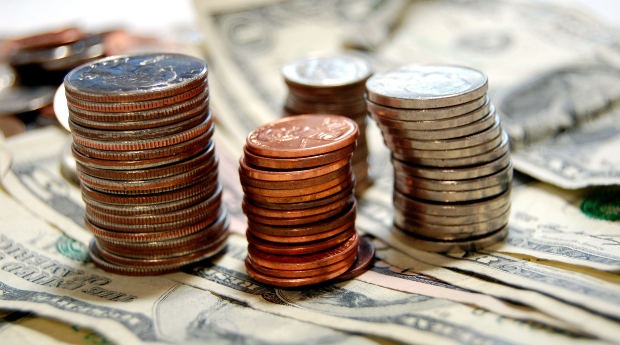This is a story for the rest of us – the people who have not purchased a product that is recalled, but suffer a loss anyway. There have been numerous articles written about losses due to various cheatinghiding scandals – General Motors and their faulty ignition switches, Toyota’s unintended acceleration, fire hazards in riding mowers and snowmobiles, … , it is product “F”. These are losses to the purchasers of the faulty product, or losses to retailers or wholesalers who sell the faulty product, and losses to those unlucky enough to invest in the manufacturer’s stock. Bad drug? There are losses to patients, doctors who treat them, hospitals who employ the doctor, and the investors in the pharmaceutical company.
But what about you? (It’s always about you, isn’t it?) You may not own the device that failed, you likely are not a purveyor of that fine product, and you may not own stock in the company that got caught F-handed. That does not mean that you didn’t suffer a loss. Jobs are lost, retailers or wholesalers rescind investments they would otherwise have made, the resale value of product F declines or spills over to the product that relies on product F as a component … and all of these ancillary factors affect you. At a further remove, taxes are lost on expenditures not made, affecting every person in the U.S.. Insurance rates go up for the company that produced the product – and for all the other companies that produce similar products. Diverted resources are another loss – government regulators and government litigators will be spending years working on the fall-out from a cheating or non-disclosure scandal. They could have been working on something more productive – anything else other than a cheating scandal from a large foreign brand.

Then there are the losses that result from litigation that will follow for the next decade or so. This is money spent by the manufacturer who hides his deficiencies that could have been more effectively used for improvements to the manufacturer’s brand, such as new technologies or better customer experiences. Instead of earning a return on these expenditures, the true impact is a loss in investor rate of return. Again, a loss to the manufacturer, but a loss to you too since the manufacturer could have used these expenditures to better their product, improve their infrastructure, pay dividends to investors, and hire people.
. It’s money diverted from better and higher uses. Ultimately these losses ripple through the economy, so that one loss leads to the next. As an economic impact, this is the multiplier effect that keeps the next consumer, supplier
It’s money diverted from better and higher uses. Ultimately these losses ripple through the economy, so that one loss leads to the next. As an economic impact, this is the multiplier effect that keeps the next consumer, supplier
It’s money diverted from better and higher uses.Ultimately these losses ripple through the economy, so that one loss leads to the next. As an economic impact, this is the multiplier effect that keeps the next consumer, supplier, or investor in the chain from making an expenditure, or hiring more staff, or paying more taxes on greater wages and earnings. The government who doesn’t collect the taxes winds up taking on more debt or cutting back on services, or both. The downturn in the manufacturer’s stock may impact the S&P index overall, reducing returns in other sectors on indexed funds.
And the losses in one part of the industry redound to other parts of an industry, as everyone scrambles to keep up with change, bad publicity, and being tarred with the same brush. The actions of a few within an organization, orchestrating a cover-up or making a disastrous self-serving decision can create a tidal wave that ultimately harms everyone in some fashion. Even you.
A broader model of losses should have a feedback loop; losses can be considered in stages. The initial loss to purchaser or seller is usually computed and litigated, but what about the ancillary losses to others that feed back on the purchaser or seller. The economy is dynamic, not static – losses should be calculated in this way too, both by the government in fines and penalties, but also in losses to those directly affected.
